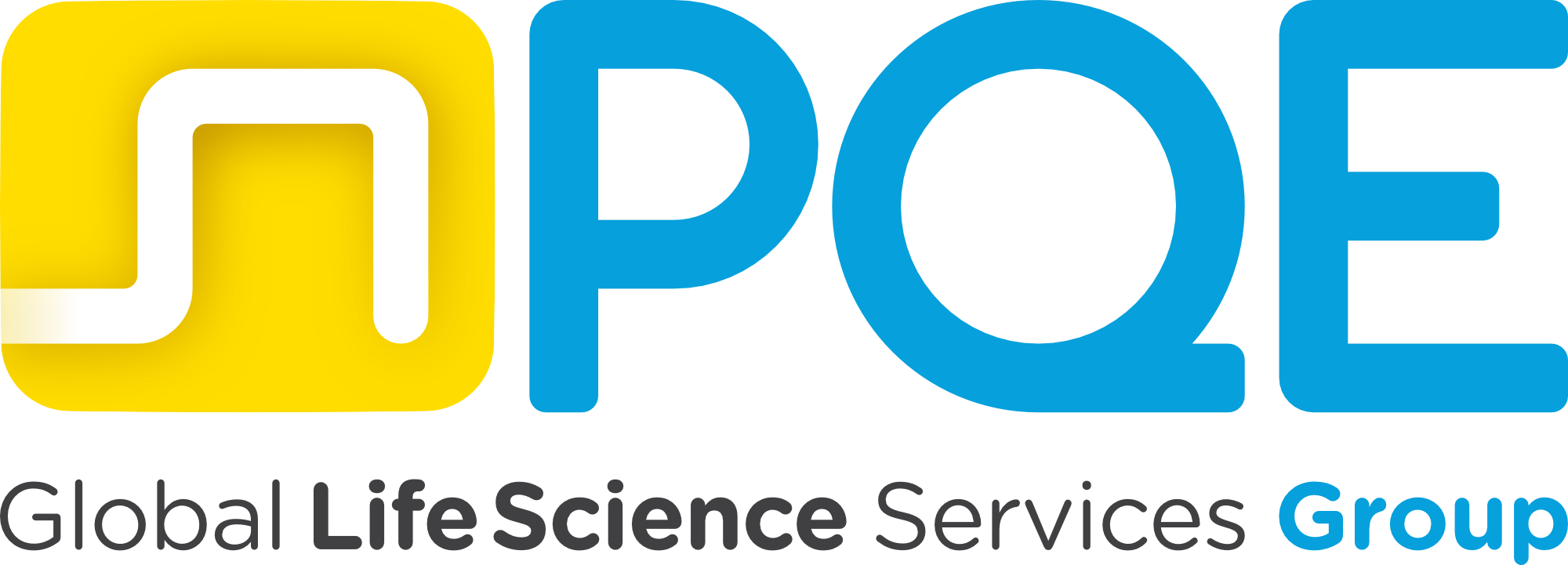
Two of the ten recommendations could be considered as the main important to follow as they underline the importance to act preventing a shortage situation and to manage the shortage adequately when it occurs.
Recommendation 4: This recommendation underlines the importance for MAHs, manufacturers and wholesalers, to have a shortage prevention plan specific to their role as all them are involved in the supply chain. This plan aims to identify particular existing vulnerabilities in the supply chain and address these risks before an issue arises. In the development of an adequate shortage prevention plan it should be considered the robustness of the total supply chain arrangements and any controls that are in place to prevent a lack of availability of the product for patients. The plan should evaluate the risks of the product going out of supply and foresee a medicine shortage risk register, including regular review having the scope to identify products of clinical importance by therapeutic use and availability of alternatives and an assessment of the corrective and preventive action or any revalidation based on information available to the company, such as root cause analysis of shortages. Moreover, a regularly review of the effectiveness of the controls in place should be done to prevent shortages for patients.
Recommendation 5: This recommendation underlines the importance for MAHs, manufacturers and wholesalers to develop a shortage management plan as it is a tool to determine how a company can react to an issue that has arisen to mitigate the effect of a shortage at the patient level (i.e. after a quality issue has arisen). Being aware that the many possible sources of quality issues could affect the supply chain before medicines reach patients, the recommendation suggests that a shortage management plan for each stakeholder should formally identify all the possible signals and risks for the continued availability of the product and state a procedure for their prevention or at a minimum, their mitigation. In particular, the recommendation suggests the management plan should be periodically evaluated in order to verify potential gaps that can compromise effectiveness of the plan.
Therefore, as shortage situation could have an important impact on the patient health, all the stakeholders should pay particular attention in case of the medicinal product shortages and try to mitigate their occurrence as possible.
The best way to mitigate this situation is the development of specific shortage prevention and management plan which should take into-account a well knowledge of the processes between all the actors involved in the supply chain and a careful evaluation based on risk management principles.
PQE Group with its experience in the whole range of Regulatory Affairs and GxP activities can support all the players of the supply chain with the creation of shortage prevention plan and built the relate risk management process.





